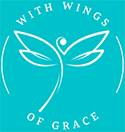Let’s have a conversation
About End of Life planning and care
What is important to you? Have you thought about...
- Where would you like to die if you are given the option? Will this be at home, in hospital, palliative care or hospice? What supports will you need to have in place for you and your family?
- Would you like family or close friends present? Do you have a pet that you would like by your side?
- Are there any cultural, religious, spiritual or family traditions that are important to you for the end of your life?
- Do want any music to be played, a poem or a religious/spiritual reading, or do you prefer the sounds of nature and/or peaceful silence?
- If you want your body to be cared for at home after death or taken to a funeral home?
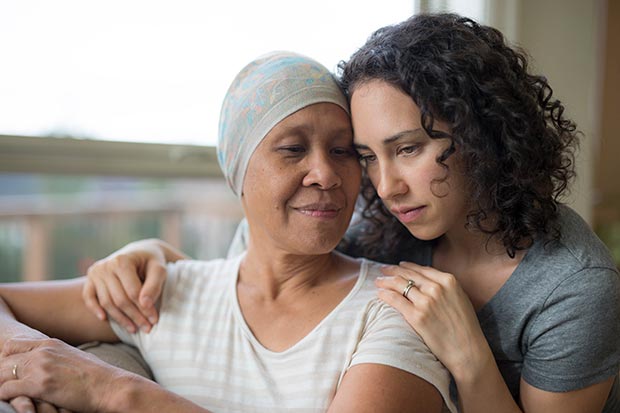
MY LIFE'S PURPOSE
Walking with you on your journey
A Doula will help to support you in creating the ending of life into something that is intimate, authentic and meaningful in a deeply enriching and healing way.
Know Our History
How can an End of Life Doula help?
As each end of life experience is unique to the individual, so are my services that I provide. I can be involved as much, or as little as you prefer.
End of Life Doulas are changing the face of end of life care by offering holistic heart-centred compassionate care, guidance and support in such a way that strives to honour the client’s final wishes, which may be to die at home, in palliative care or in a hospice setting depending on individual preference and needs.
By being present and holding space for the person, and for their family and close friends, by alleviating concerns, coordinating care and the medical support required, and by providing practical, emotional, spiritual, and social support, the transition for the client becomes more easeful and a sense of peace and grace is more likely to prevail.
An End of Life Doula can also assist in arranging home or other venue based after death care, with support to care for and prepare the deceased person for funeral. This can be a deeply moving and intimate ritual which supports grief and bereavement for family and close friends.
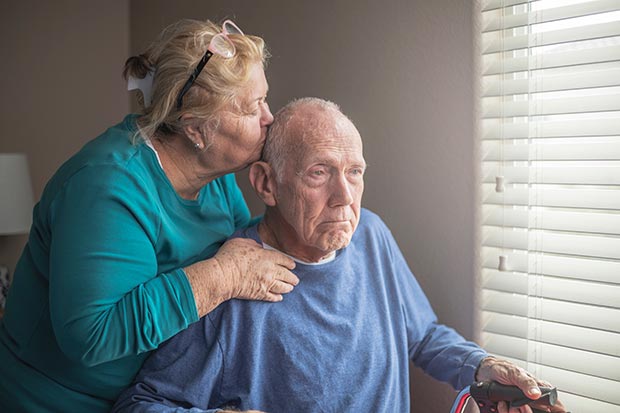
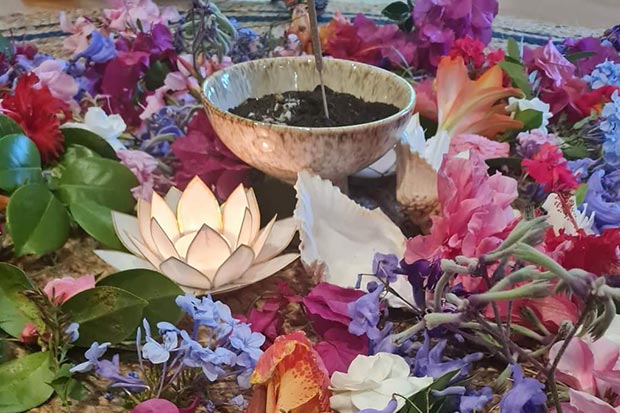
Social shift in perspective
Our approach to death and dying has changed
When we think back 100 years or more ago, before advances in medicine and technology, people aged and died at home and in many cultures, they still do.
In Australia right up until the 1920’s, family members and neighbours all knew how to support each other and what to expect because death was a familiar, and an accepted stage of life. They had direct participation in the end of life care and in the funeral process including caring for and preparing the deceased for their funeral. Tasks included washing and dressing the body, keeping their loved one in the cooler sitting room or front parlour before the service and burial, getting a local carpenter or family/friends involved in building a coffin, digging a grave at the local church cemetery, picking and arranging flowers, and preparing food for the customary wake. All these tasks were seen as the “final act of love” and were instrumental in supporting grief and loss and promoted healing within the community.
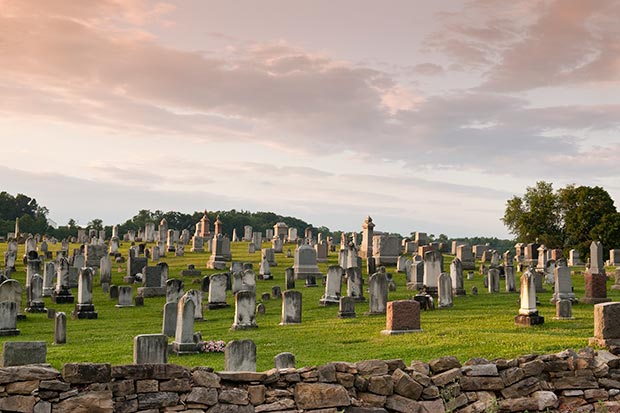
Fast forward to the present day, death has been taken out of the familiar context of the home. It has been medicalised and brought into the health system as a medical problem. As a result, we have lost those experiences that gave us the confidence of knowing what to do, how to help and how to make the most of this precious time at the end of life. And so, people dying and those around them have a lack of knowledge, are unaware of the many options available to them, feel disempowered, and are frightened to talk about death. The emphasis has shifted to prolonging life at all costs and ending up in hospital fearful of death. The outcome being that in our culture we tend to live like its life versus death, and this stops us from living a fulfilled and enriched life.
Engaging an End of Life Doula can help you to shift your perspective and see death as simply a chapter in life, as part of the circle of life, to live with hope and to see until we have exhaled our last breath, we are alive and there are opportunities for wonderful and memorable moments even in our last chapter.
